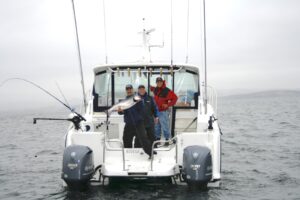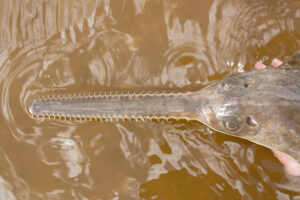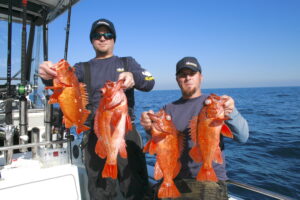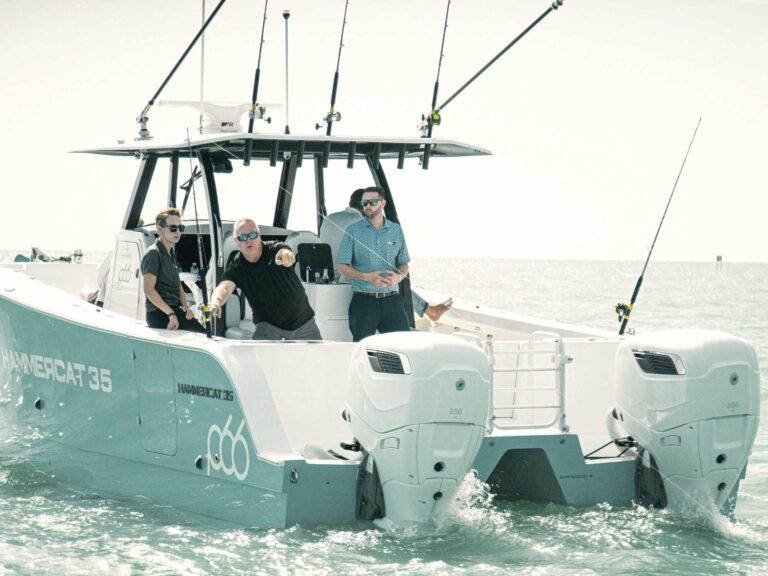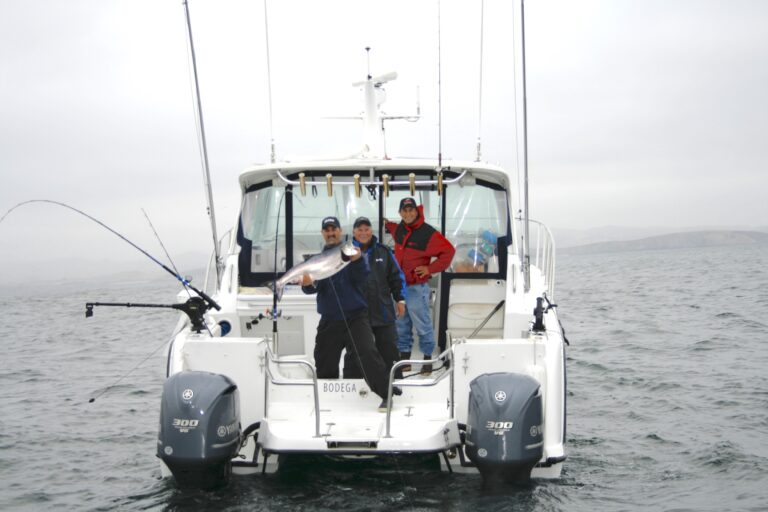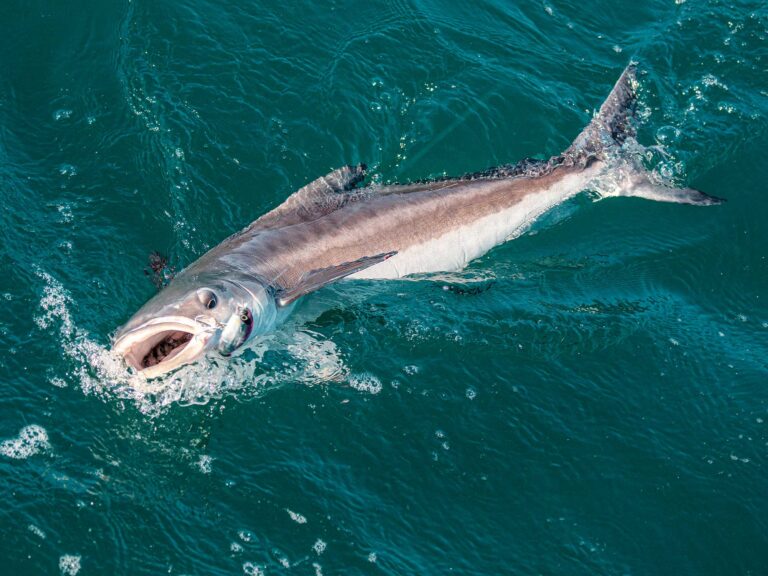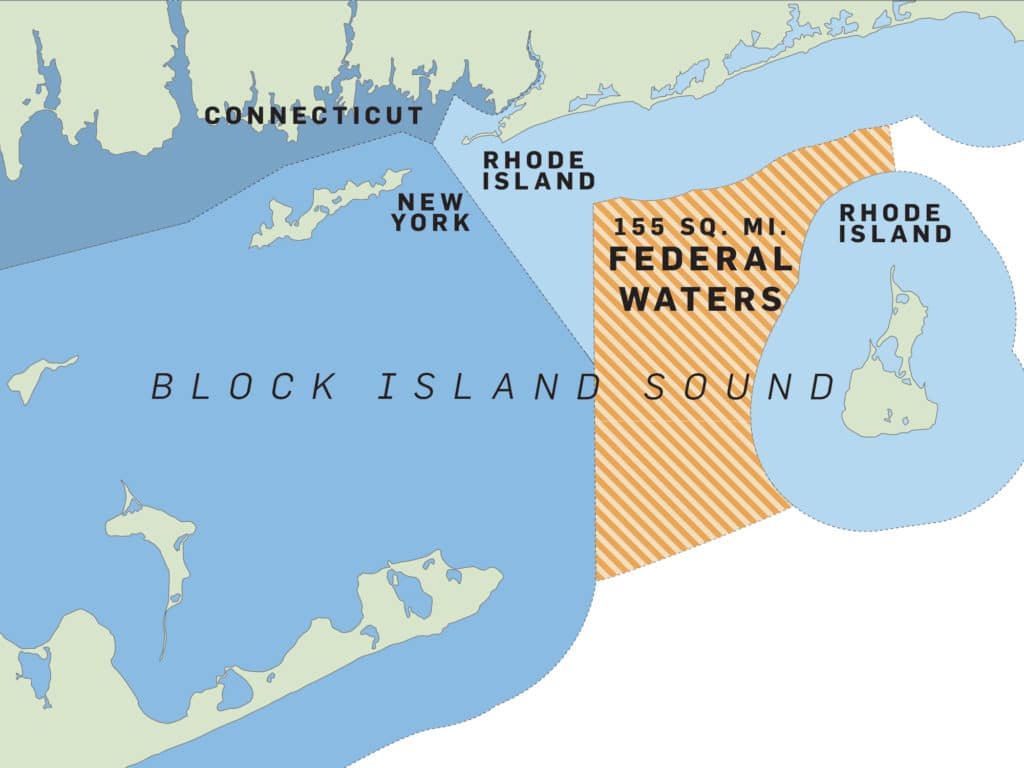
Trade Off
Back when the snow was still flying in much of the U.S., the House began to get its fingers back into the fisheries-management debate. The Senate also poked its nose into federal interactions with state management of fish.
When it comes to fisheries issues, I am a lot more comfortable when Congress is in recess than when it is in session. When it decides to get into the nitty-gritty of fisheries management, which it expressly turned over to the regional fishery management councils, I get really uncomfortable. Politicians and scientists make strange bedfellows.
Allowing States to Manage Federally Fisheries
The discussion in Congress under consideration is a relatively small change, but it could establish a precedent that would bring more similar requests. It also moves the question — whether the states or the Feds should manage fisheries — to the front burner. Some would say the effort to change the red snapper fishery in the Gulf of Mexico has already done that, but this would add to that trend.
Congress is debating a bill to change the federal fisheries boundary between the states of Rhode Island and New York. Right now the boundary takes a shoreward jog between Block Island, Rhode Island, and Montauk, New York. In this 155-square-mile area, no fishing for striped bass is currently allowed. During the doldrums of summer, this area holds good numbers of large female striped bass. For many of us who have been concerned about the current status of striped bass, the federal-waters ban on catching this fish has created a needed sanctuary and allowed a lot of the important spawning biomass to survive and reproduce.
However, there are a number of party/charter operators who feel they need to access these fish to keep their customers happy and their charters full. No doubt they are correct, but how will this impact the future of striped bass? There is no science being presented by Rep. Lee Zeldin from New York in H.R. 3070. So how does anyone realistically assess the impacts of opening this area? At this point, the bill is back in committee and may still be unresolved by the time this is in print.
A Science Basis for Fisheries Management
For me, it brings up bigger questions than the 155-square-mile change. First, since this area is contiguous to New York and Rhode Island, will it become those states’ waters to manage? If yes, then the state of Connecticut just lost some access to water that its fishermen formerly used. What about all the other little jogs in the federal-waters boundaries contiguous to all the states along the U.S. coastline? Is Congress going to be faced with debating those as well? The current state and federal fisheries-management systems are not without their warts, but over the years, a lot of thought and effort has been put in to make them work. Most changes were done with competent science and benefit the whole system. They have not been “spot zoning,” a practice that was frowned upon in the real-estate world.
Perhaps this congressional effort should be shelved in favor of looking at how fisheries are currently managed by states, regional state compacts and federal entities, and a full-blown discussion on the merits of each. Should there be discussions about managing species based on where they are primarily caught: state or federal waters? If they are primarily caught in state waters, should states be given total management responsibilities? Should there be a discussion about universally extending state waters to 12 miles out? That would likely mean that 95 percent of the species taken, plus or minus, would be primarily caught in state waters. How would reciprocity be handled? I could go on and on, but it is easy to see that this could get complicated in a hurry.
Is State Management of Fish Effective
If someone were to ask if state management would be better than the current system, I could not honestly answer. Parts of the regional state-management system through the three regional commissions work, and other parts I think don’t work all that well. For many fisheries important to the recreational- fishing users, there could be as many as 19 agencies to deal with where there now exists only one. Maybe I am too cautious, but it makes me nervous.
What I think will not work is a haphazard approach that deals with these coastwide issues on the basis of who can rattle the saber the hardest. Many of these fisheries have the potential to impact multiple states because animals in general, and fish in particular, do not pay attention to man-made boundaries. If Congress is going to tackle this issue, let’s have it do so in a comprehensive fashion. It is a conversation for which the time may have come.

